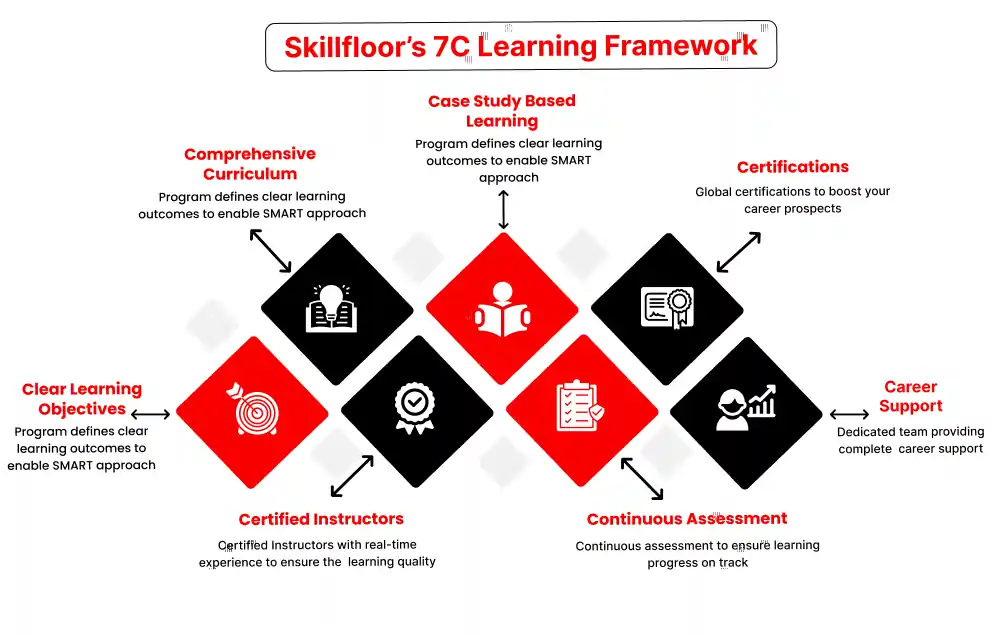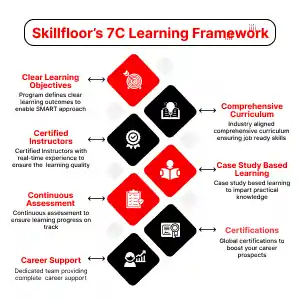The rapid rise of technology has revolutionized the way modern-day businesses operate. However, the increased reliance on technology has also led to a surge in cyber threats and attacks that can have devastating consequences for businesses. In response to this, there has been an increased focus on improving cybersecurity, and San Francisco has emerged as a hub for cybersecurity training and education. San Francisco is home to several academic institutions, such as San Francisco State University and UC Berkeley, that offer cybersecurity courses. These courses provide students with a comprehensive understanding of the various cybersecurity threats and challenges faced by organizations, as well as the tools and techniques used to mitigate them. One of the most popular cybersecurity courses in San Francisco is the Certificate in Cybersecurity program offered by UC Berkeley Extension. This program is designed to provide students with a broad understanding of the cybersecurity landscape, as well as the skills and knowledge required to identify and manage security risks. The program consists of four courses, covering topics such as Cybersecurity Fundamentals, Network Security, and Secure Software Design and Implementation. Another popular option in San Francisco is the Cybersecurity Bootcamp offered by Fullstack Academy. This is an intensive 17-week program that aims to provide students with hands-on experience in cybersecurity. The program covers a wide range of topics, including networking, cryptography, and threat analysis, and provides students with an opportunity to work on real-world projects. San Francisco State University also offers a range of cybersecurity courses as part of its Bachelor of Science in Information Technology program. These courses cover topics such as Cybersecurity Essentials, Digital Forensics, and Penetration Testing, giving students a well-rounded understanding of the different aspects of cybersecurity. In addition to academic courses, there are several non-profit organizations in San Francisco that offer cybersecurity training and education. One such organization is Cyber.org, which provides free cybersecurity education resources for K-12 students and teachers. The organization offers a range of resources, including lesson plans, videos, and interactive activities that are designed to teach students about cybersecurity in a fun and engaging way. Another non-profit organization in San Francisco is Hack the Hood, which provides training and mentorship to young people from low-income communities. The organization offers a range of programs, including a Cybersecurity and Journalism program, which aims to teach students about online safety and digital privacy, as well as the fundamentals of journalism. In conclusion, San Francisco is a hub for cybersecurity education and training, with a range of academic courses and non-profit organizations offering resources for students of all ages and backgrounds. As the importance of cybersecurity continues to grow, investing in cybersecurity education is crucial for both individuals and organizations. With its reputation as a tech hub and its wealth of educational resources, San Francisco is an ideal destination for anyone looking to pursue a career in cybersecurity.

₹60,000




Hurry Up!
Limited seats call us now for amazing discounts on digital maketing course



Skillfloor is officially recognized by the Government of India as a Startup India (DPIIT) certified institute — a mark of trust in the quality of our courses and career-focused learning.
We offer hands-on programs across multiple fields, designed by industry experts to help you gain skills that employers value:
Digital Marketing – Grow businesses online with SEO, social media, and analytics.
AI & Machine Learning – Build practical AI skills for real-world applications.
Ethical Hacking & Cybersecurity – Protect networks and systems from cyber threats.
Data Analytics & Data Science – Analyze data and make smarter decisions.
Other Emerging Technologies – Learn trending, in-demand skills.
At Skillfloor, you don’t just learn — you practice, complete live projects, and prepare for real career opportunities. Whether you’re a student, graduate, or working professional, we help you upgrade your skills and grow confidently in your career.
Join a government-recognized institute shaping India’s next generation of skilled professionals.



- Overview of Cyber Security Concepts
- Types of Cyber Threats (Malware, Ransomware, Phishing, etc.)
- Cybersecurity Frameworks and Standards (NIST, ISO 27001)
- The Role of Cyber Security in Organizations
- Key Cyber Security Terminology (Vulnerabilities, Risks, Threats)
- Understanding Networking Basics (IP, DNS, TCP/IP)
- Network Security Devices: Firewalls, Routers, and Switches
- Intrusion Detection Systems (IDS) and Intrusion Prevention Systems (IPS)
- Secure Network Design and Segmentation
- Virtual Private Networks (VPNs) and Secure Communication Protocols
- Confidentiality, Integrity, and Availability (CIA Triad)
- Risk Management Processes (Assessment, Mitigation, Response)
- Types of Security Controls (Preventive, Detective, Corrective)
- Security Policies and Standards (ISO, NIST)
- Security Audits and Compliance Requirements (SOX, GDPR)
- Basics of Cryptography: Symmetric vs Asymmetric Encryption
- Public Key Infrastructure (PKI) and Digital Certificates
- Common Cryptographic Algorithms (AES, RSA, ECC)
- Digital Signatures and Certificates
- Hashing Algorithms and Their Applications (SHA, MD5)
- Common Web Application Vulnerabilities (SQL Injection, XSS)
- OWASP Top 10: Key Vulnerabilities and Mitigation
- Secure Software Development Lifecycle (SSDLC)
- Web Application Firewalls (WAF) and Their Role
- Authentication and Session Management Best Practices
- Phases of Penetration Testing: Reconnaissance, Scanning, Exploitation
- Vulnerability Scanning and Risk Assessment
- Tools for Ethical Hacking: Nmap, Metasploit, Burp Suite
- Social Engineering Attacks and Mitigation
- Writing Penetration Testing Reports and Documentation
- Incident Response Lifecycle: Identification, Containment, Eradication
- Incident Response Plans and Team Structure
- Forensic Analysis of Cyber Incidents
- Collecting and Preserving Digital Evidence
- Using SIEM (Security Information and Event Management) for Monitoring
- Understanding Cloud Computing Models (IaaS, PaaS, SaaS)
- Security Challenges in the Cloud: Data Breaches, Misconfigurations
- Shared Responsibility Model in Cloud Security
- Cloud Security Best Practices (Encryption, Access Control)
- Securing Cloud Platforms: AWS, Microsoft Azure, Google Cloud
- Authentication Mechanisms: Passwords, Biometric, 2FA, MFA
- Role-Based Access Control (RBAC) vs. Attribute-Based Access Control (ABAC)
- Single Sign-On (SSO) and Federation
- Privileged Access Management (PAM)
- Identity and Access Management Solutions (Okta, Azure AD)
- Overview of Data Protection Laws (GDPR, HIPAA, PCI-DSS)
- Cybersecurity Compliance Frameworks (NIST, CIS Controls)
- Data Privacy Regulations and Their Implications
- Legal Requirements for Incident Reporting and Data Breach Notifications
- Understanding Cyber Liability Insurance and Legal Risks